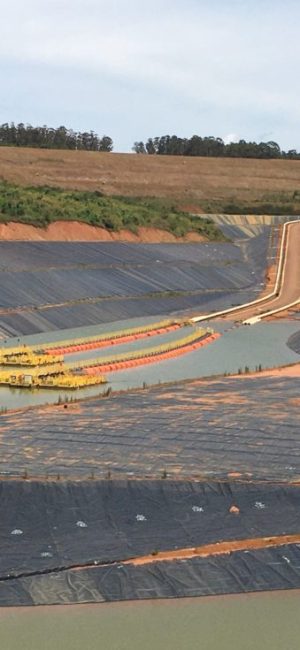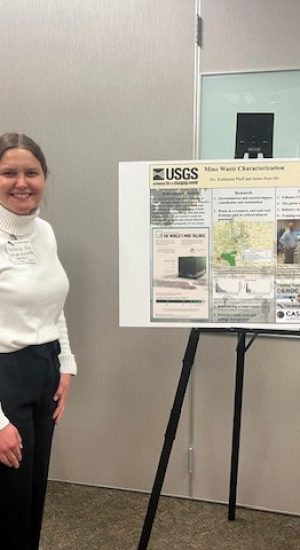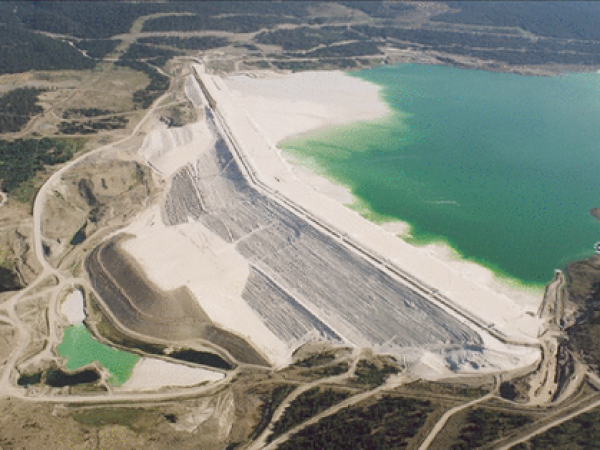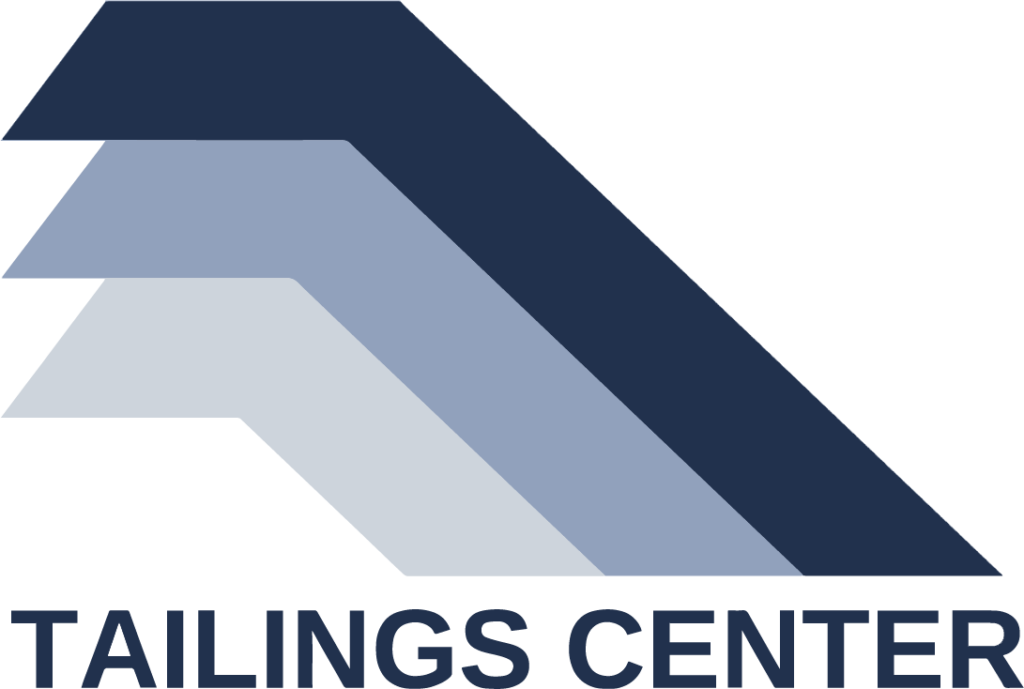

ABOUT US
The Tailings Center was formed in early 2020 by the Colorado School of Mines (CSM), Colorado State University (CSU), and the University of Arizona (UA) to provide an hub for tailings and mine waste education and research that crosses disciplinary boundaries and produces critically needed tailings professionals. Recruiting top students to tailings and mine waste careers, introducing tailings and mine waste to mining engineers, and advancing the tools for environmental stewardship of tailings and mine waste.
Our Vision
A world-class hub dedicated to addressing mining and resource extraction challenges.
Our Mission
Provide Industry-University hub to advance research, education and training.
Our Goals
- Catalyze industry-academia community in tailings.
- Link top students to employers.
- Host hot-topic roundtables.
- Offer professional development.
- Leverage research and education capabilities.
PRIMARY GOAL
The primary goals of The Tailings Center include both research and education. The Center will educate engineers to responsibly manage waste and ensure the sustainable future of mining. Our graduates will advance the best-available practices for the management of mine waste through applied science and engineering research. The Tailings Center will be responsive to the needs of the Mining Industry, and facilitate focused research projects which will address those needs and provide solutions that are able to be implemented in the industry. The Center’s research programs will operate to provide a sustained research effort, transforming the industry by pro-actively transferring methodological and technological advances to the mining industry of the future.

Our Team
Is comprised of multi-university and industry professionals.
